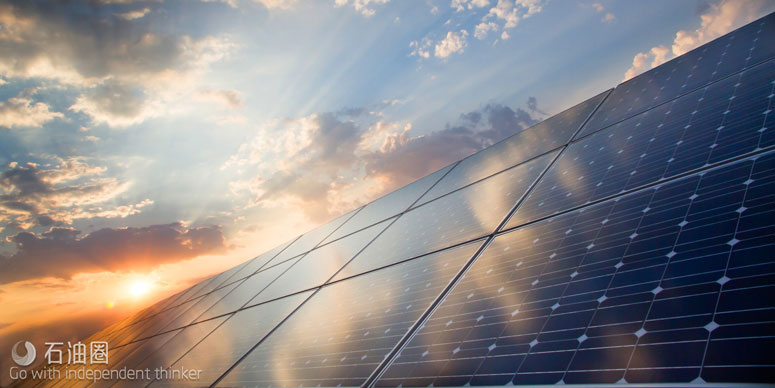The term describes communications where objective facts are replaced by erroneous assertions aimed at creating emotion-based beliefs. Post-truth communications reached a peak during the American presidential campaign.
But Canadians have also seen an escalation of post-truth communications, particularly in relation to energy. Here are some of those assertions, contrasted with real world facts.
Post-truth No. 1:
We have the technology to replace fossil fuels with wind and solar energy.
Real world facts:
Fossil fuels generate more than 65 per cent of global electricity production. Despite the hundreds of billions of dollars invested, wind and solar provide only 1.5 per cent of global power. You may have seen higher figures from the green-power industry but that’s a classic post-truth distortion quoting capacity versus actual electricity delivered. Solar panels operate at capacity on a sunny summer day, less on a cloudy day and zero at night. Likewise, a wind-power farm might reach capacity on windy days, but produces nothing on calm days.At best, the average portion of wind and solar capacity producing usable electricity is in the 20-to-30-per-cent range. And that leads to another fact that green-power advocates fail to mention: because wind and solar are intrinsically undependable, they must be backed up by reliable power plants, almost always fossil fuelled. The result is that consumers suffer large rate increases to pay for power they can’t depend on, and then pay again to build and operate expensive standby fossil-fuelled plants.
Fossil fuels power almost all road, sea and air transportation. And despite the advent of electric vehicles, it’s highly unlikely they will significantly impact demand for fossil fuel. Electric power is impractical for heavy vehicles, provides limited range and is unaffordable in the developing world, where auto ownership is skyrocketing.
World Bank data shows that fossil fuels supply 81 per cent of global energy. Almost all authoritative analyses forecast increasing demand for fossil fuel. All the post-truth rhetoric about wind and solar energy won’t change that reality.
Post-truth No. 2:
Canada’s oil and gas industry increases global carbon emissions.
Real world facts:
Canada is responsible for less than four per cent of the 96 million barrels of daily world oil production. If our production were completely shut down, that four per cent and the emissions associated with it would quickly be replaced by other countries. Moreover, carbon emissions from Alberta’s much-maligned oilsands make up a minuscule 0.15 per cent of global emissions.
Canadian natural gas is actually reducing global carbon emissions. Critics of the recent federal approval of the Petronas LNG project focus only on emissions associated with the Canadian portion of the project, while deliberately ignoring the overall global benefit of displacing higher carbon-emitting coal and fuel oil in China. Moreover, clean-burning natural gas produces none of the toxic particulates and sulphur compounds that are shortening the lives of hundreds of millions of Chinese citizens.
Natural gas is increasingly used to fuel trucks, buses and rail locomotives. And the arrival of British Columbia’s new gas-powered ferries heralds its use in ocean transportation.
Post-truth No. 3:
Canada’s carbon tax will be part of a global emissions reduction effort.
Real world facts:
While 111 countries at the November Marrakech climate change conference supported a proclamation calling for “the highest political commitment to combat climate change,” the real-world facts paint a far different picture. Only countries with a combined global emission share of 17 per cent have any intention of honouring that proclamation. And since none of those are significant trading partners, imposing a carbon tax to reduce Canada’s minuscule 1.6 per cent of global emissions is simply economic hara-kiri.
While Canadians debate the wisdom of taxing carbon, more than third of the 111 countries pledging support for the Marrakech proclamation actually subsidize fossil-fuel use.
International Energy Agency data shows that, in 2014, fuel subsidies totalled a staggering US$493 billion. This blatant hypocrisy may help explain why U.S president-elect Donald Trump recently labelled the United Nations “an international body that has potential to do something good, but just isn’t living up to expectations.”
In an age where headline-style messaging helps those who practise emotion-targeted post-truth communication, how can the real-world facts ever get through?
I don’t know – but I do know that if those who know the truth remain silent, post-truth falsehoods will eventually erode the factual basis upon which Canadians judge issues important to our economic and political future.


 石油圈
石油圈
